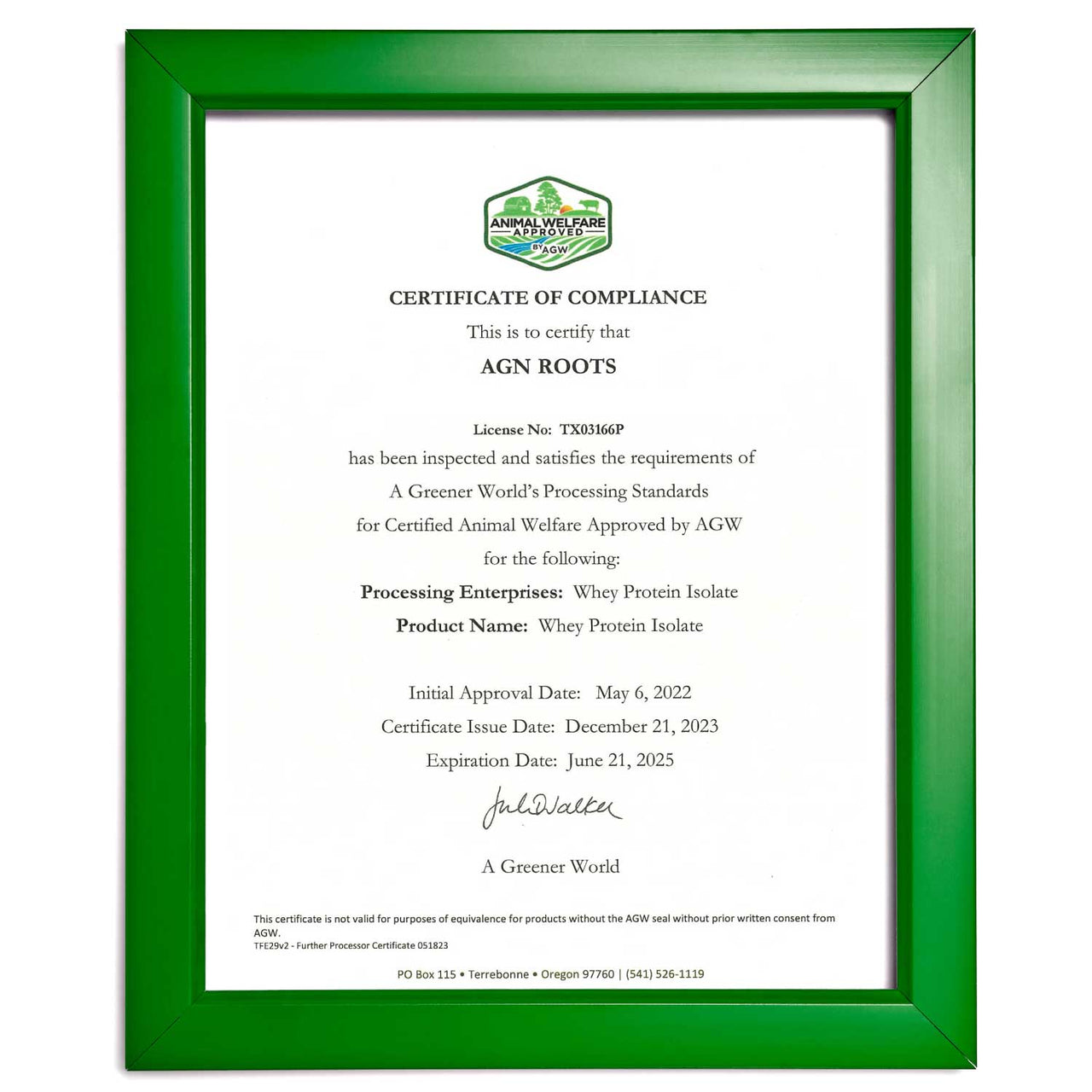What is Keto Flu?

Is Keto Flu Real?
Did you know that more than 36 percent of American adults are considered obese, and another 33 percent are overweight? All told, that's more than two-thirds of the US population [1].
Unfortunately, the overweight population faces plenty of health complications, including diabetes, heart disease, and recently increased risk of hospitalization due to COVID-19 [2]. Fortunately, the ketogenic diet continues to help millions of Americans lose weight quickly and safely.
This weight loss feels effortless since it involves consuming plenty of healthy, appetite-satiating fats. For a great list of Keto-friendly foods, feel free to download our printable list here:
That said, hitting a keto-diet hard doesn't come without potential side effects; The most notable initial side effect is known collectively as the keto flu.
What is keto flu, and what can you do to get past it? In this article, we shed a healthy light on this topic to be best prepared to take on the keto lifestyle.
Learn More: Keto Diet Explained in Detail
What Is Keto Flu?
Keto flu refers to a cluster of symptoms that often appear within the first two weeks of starting a ketogenic diet. These keto side effects are among the most publicized on the internet (apart from weight loss).
Keto diet side effects include:
- Foggy brain
- Headaches
- Nausea
- Irritability
- Difficulty sleeping
- Constipation
- Muscle cramps
The medical community doesn't officially recognize keto flu. For this reason, you won't find many articles about it on sites that we typically cite from the medical publishing community. Nevertheless, this fact provides little comfort for those dealing with these symptoms.
What Causes Keto Flu?
What causes the symptoms listed above? Much of the evidence related to keto side effects remains anecdotal, making answering this question futile in nature.
What's more, switching to a keto diet isn't the only thing that can trigger these symptoms. Many individuals experience similar complaints when starting an elimination diet, an anti-inflammatory diet, or cutting out processed foods.
Speculation abounds about what causes some people to feel tired and "off" when transitioning to healthy eating habits. A good-sized sample of subject matter experts believes it has to do with the detox factor.
Others believe the "flu" is related to carb withdrawal. After all, your body must make the switch from burning glucose from carbs for energy to using fats for fuel. This fat-burning state is known as ketosis, and it requires an overhaul of your body's functions.
Ongoing studies focus on discomfort related to our immunological response and or changes in our gut microbiome makeup. Yet, all of these hypotheses remain just that, theories.
What's more, some people don't experience these symptoms at all. So, cleaning up your diet isn't necessarily a trigger for the keto flu.
How Long Does Keto Flu Last?
How long will you struggle through fatigue and headaches? That depends on a variety of factors.
For many people, the keto flu starts anywhere from two to seven days after cutting out carbs. It typically lasts for one week or less. That said, a small segment of the population reports symptoms lasting for upwards of one month.
Why the wide discrepancy when it comes to the ketogenic diet's effects on people? Chalk it up to genetics. Some individuals prove more metabolically flexible than others.
What do we mean by metabolically flexible? The luckiest individuals can transition between metabolic states without experiencing any symptoms at all.
Tips to Beat the Keto-Flu
What's the best way to quickly navigate these symptoms and get on with weight loss and a healthy new lifestyle? First, remember that these symptoms are passing. Yes, you may feel low energy, headachy, and foggy for a few days, but these symptoms will pass.
Below we share high-level areas that deserve focus when taking on the keto diet for the first time:
- Recognize when it's something else
- Avoid "keto-flu" product solutions
- Take electrolytes& Stay hydrated
- Colorful vegetables are your best friend
- Choose a certified grass-fed whey protein powder
- Consume more healthy fats
- Sleep well & keep moving
Recognize When It's Something Else
For starters, remember that keto side effects are not the actual flu. As a result, you won't experience symptoms such as fever, body aches, or incapacitation. If you do manifest these more severe symptoms, consult with your doctor as you would, regardless of your keto endeavors.
How to Avoid Keto Flu Solutions
Don't get swindled. The countless products out there claiming to have the key to easing keto flu symptoms come with little objective quality data to back up their claims. Rather than spending cash on products that may or may not work, below are some tips to try.
Do Electrolytes Help with Keto Flu?
Yes, electrolytes help restore your body's balance. As you can imagine, the massive dump of water weight you see at the beginning of a keto diet disrupts your electrolyte balance. By electrolytes, we're referring to potassium, salt, and magnesium. Many people experience nausea and muscle cramps due to electrolyte depletion. Alleviating these symptoms is a cinch, however. Ramp up your electrolyte levels by taking a supplement or drinking a keto-approved sports drink.
Does Staying Hydrated Help with Keto Flu?
Yes, hydration helps everything. As your body makes the transition into keto-adaptation, you'll see significant water weight fluctuations; this is because nixing carbs means a rapid drop in water weight [3].
The reason for cutting carbohydrates out of our diet can cause a rapid loss of weight because water is heavy. As we consume carbohydrates, any energy not exhausted immediately but rather set aside resides in the body as glycogen molecules. There has to exist three times the amount of water molecules for every stored glycogen molecule. You can imagine what this means if your body consumes up all the glycogen; for every gram used, 3 grams of water will no longer need to be stored.
This process can leave you feeling dehydrated, and dehydration comes with many of the symptoms associated with keto flu, such as -
- Fatigue
- Dry mouth
- Headaches
- Various other flu-like symptoms
Staying well-hydrated should be second nature if you are on this website navigating nutrition topics at this level. However, here is the basic logic; replacing lost water in your body, you'll reduce keto flu symptoms. You'll also curb cravings, regulate your appetite, reduce stress on your kidneys, and help metabolize fat even faster.
Avoid Keto Flu with Colorful Vegetables
Sure, the standard version of the ketogenic diet permits you to eat delicious items like bacon, full-fat cheese, and heavy whipping cream. But let's get one thing straight. Eat your vegetables as a primary sustenance source.
What's more, keeping your diet rich in veggies will help ease you through the keto-adaptation transition. After all, cutting out simple carbs, saturated fats, and trans fats represents a significant change to your body and how cells use energy. Providing your body with the proper nutritional support by eating your veggies will go a long way!
Truly Grass-Fed Whey Protein Powder
Focus on consuming the best and healthiest sources of protein and fats possible. For example, a certified grass-fed whey protein product will help supplement your nutritional macro goals.
If you don't know exactly how much protein you should be talking day today (in total grams), it only takes about 45 seconds to answer some questions to receive a solid starting point.
Grass-fed whey protein is among the most versatile options especially in the unflavored form. Grass-fed Whey can be added to many foods & recipes.
Learn More: Grass-Fed Whey Recipes
Consume More Fat to Avoid Keto Flu
One of the primary staples of the ketogenic lifestyle remains consuming plenty of healthy fats. Going the low-fat approach will not only undermine your attempts to shift into ketosis, but it could exacerbate the symptoms of keto flu. It will also leave you ravenously hungry.
Of course, the fix is super simple. Increase your healthy fat intake with delicious snacks such as avocado, bacon, and egg yolks. You'll also facilitate how rapidly your body moves from using glucose as fuel to burning fat for energy.
Does Rest Help Reduce Keto Flu Symptoms?
Transforming how your body metabolizes food is an arduous process. It requires extra rest and sleep. Of course, keto flu makes it more difficult for some people to fall asleep.
What to do? Pamper yourself with activities that promote sleep. Luxuriate in a hot Epsom salt bath to relax and soothe your muscles. It will also improve your electrolyte absorption. Try a keto-friendly herbal tea, such as Chamomile, or savor a warm mug of milk dusted with cinnamon before dozing off.
Does Light Exercise Help with Keto Flu?
Yes, however, light exercise might be the last thing on your mind when you're feeling exhausted and out of sorts at the beginning of the keto journey. But going for a walk or taking a gentle yoga class will loosen muscles.
Physical activity also releases endorphins that boost mood and motivation. Just don't overdo it until your body has fully adjusted to the diet.
The Secret to Beating the Keto Flu?
Taking baby steps into a ketogenic diet seems to be the best solution to helping you avoid the unpleasant symptoms of the keto flu. For example, begin by slowly cutting carbs out. After you've weaned yourself off carbs, launch full force into the keto lifestyle.
Remember that the symptoms of keto flu listed above will pass. Once your body makes the transition into metabolizing fat for fuel, you'll be amazed by the benefits. Your energy levels will ultimately become stable throughout the day, and you won't have cravings for sweets and junk food.
References
[1] Holland, Kimberly. “Obesity Facts in America.” Healthline, Healthline Media, 29 July 2020, www.healthline.com/health/obesity-facts.
[2] “Adult Obesity Facts.” Edited by Division of Nutrition, Physical Activity, and Obesity National Center for Chronic Disease Prevention and Health Promotion, Centers for Disease Control and Prevention, Centers for Disease Control and Prevention, 29 June 2020, www.cdc.gov/obesity/data/adult.html.
[3] Manager, Carb. “Carb Manager - Low Carb Diet Tracker.” Carbmanager.com, www.carbmanager.com/article/the-importance-of-drinking-water-on-keto-4f80281e-7356-c43a-52c5-6c4179f15156.





1 comment
Thank you for sharing this informative article. It will really help us.